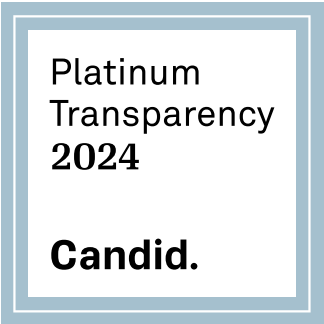Is constipation and bloating pain related to menstrual periods?
Question
For the last 5 months or so, I have experienced severe constipation and bloating pain a couple of days after my period; it would last 4–5 days and go away. I tried Metamucil and it does not help. I use Midol or Aleve for pain during my menstrual period, and I try to keep the dosage to no more than 2–3 pills during the 5 days. Any suggestions?
Answer
Many healthy women experience some change of bowel function at the time of their periods. The problem usually lasts only a few days. If severe, an antispasmodic may help for cramping. If you become very constipated, a laxative is perfectly acceptable.
Not surprisingly, women with irritable bowel syndrome (IBS) suffer even more trouble at this time of the month. One abnormality that quite frequently occurs in patients with IBS is that the bowel is over-sensitive and as a result reacts more to things that upset it. For instance, something that might cause a tummy upset for a couple of days in a person without IBS could cause trouble for a couple of weeks in a person with IBS.
If you have a diagnosis of IBS, you need to be a little careful with anti-inflammatory medicines such as Aleve (or others such as Advil, Motrin, etc.) as this type of drug can occasionally upset IBS. Drugs related to acetaminophen (such as Tylenol, Endocet, etc.) are much better for routine short-term pain relief in IBS patients.
– Peter Whorwell, MD
Learn more about IBS in Women
Adapted from IFFGD Publication: Is Constipation and Bloating Related to Menstrual Periods? by Peter Whorwell, MD, PhD, Professor of Medicine and Gastroenterology, Wythenshawe Hospital, Education and Research Centre, Manchester, United Kingdom.
Published in Digestive Health Matters, Vol. 16, No. 1.










